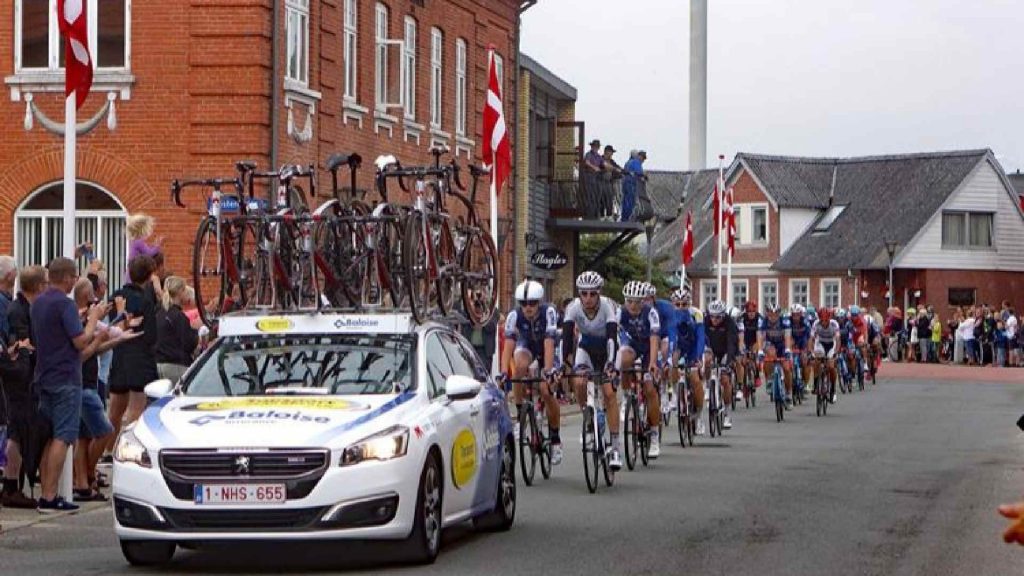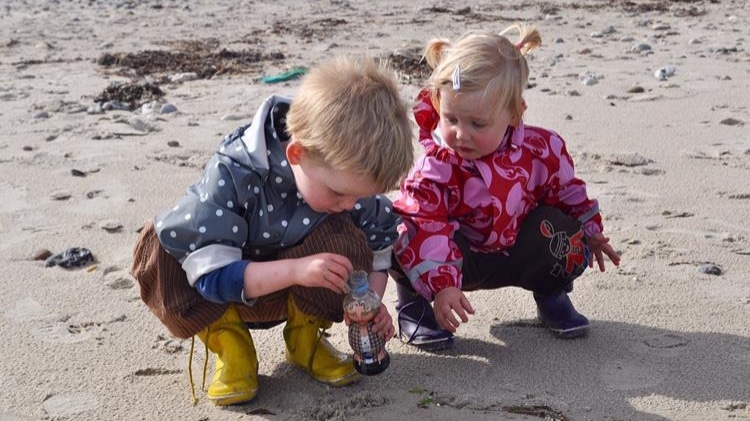You have probably heard many times that the Danes have been declared the happiest people in the world. After that, you always wondered what the happiest people mean, and what qualities and conditions we need to fulfill in order for us to be happy. Read what characteristics the Danes have, which made them the happiest people in the world.
First of all, when we hear that the Danes are the happiest people in the world, we wonder how, when it is constantly cold with them. When we think of Denmark, we think of gloomy weather. In winter, most of the day is dark, and that does not seem like a cheerful and happy country to us.
However, the Danes are proven to be the happiest people, according to the latest statistics. One of the main parameters is the health of the population and overall health care.
In addition, the parameters are family relationships, as well as job security, and general social factors in the country. The list of values to be measured includes political freedom, as well as the degree of corruption of the government.
Life does not suffer because of work
The working week in Denmark lasts an average of 7 and a half hours, and workers receive an average of five weeks of annual leave. In Denmark, a person’s cultural and social capital is highly valued, and it is believed that a person should do other things besides work.
A person should be rested, but also participate in activities that have nothing to do with his job. It is highly supported to enroll in various courses, sports activities, membership in a reading club, or simply social gatherings.
Danes leave work on time, they don’t spend all their energy to finish as much work as possible. They go to and from work by bicycle or public transport. What makes most Danes happy is to pick up their children from school or kindergarten after work, and make a nice family dinner.
Danes spend their free time in company
Danes want social gatherings, and to spend as much time as possible with their friends and family. It can be a family dinner or dinner in front of the fireplace in winter. They also like to spend the whole day with their loved ones, so they often organize picnics when the weather is nice, and while they are on Christmas holidays, they visit Christmas markets.

During the summer, they love to walk along the beach, or on the footpaths next to the cafe. In cafes and pubs, you can constantly see families having dinner or enjoying drinks and gatherings.
Strong welfare state – good health and school system
Denmark is known as one of the most egalitarian welfare states in the world, where both men and women have jobs, and inequality is minimal. For health insurance to be good, taxes must be high, so that everyone has access to hospitals and surgeries.
School and university education is completely free, and students are entitled to monthly scholarships. The spending that the Danish government allocates for children and the elderly is the highest in the world.
The unemployed are not treated as a marginal group, but the state is actively involved in finding work for all the unemployed.
Denmark gives a sense of security to its inhabitants, which helps people a lot because they do not feel insecure and insecure if they lose their job. There is an unemployment benefit for a certain period of time, which is quite high.
Trust is the most important
Denmark is a country that believes that trust between citizens and the government is most important. It is very important that we trust the state, health care institutions, schools, and all institutions. Low crime and low corruption mean that the people of Denmark can feel safe in their own country.

Many in villages in Denmark walk away from home and leave it unlocked. Mothers often leave their children in front of cafes, without anyone thinking that any of their fellow citizens will harm them. Strengthening solidarity among neighbors is also one of the most important characteristics of a strong and secure state, and Danes are known for their friendly neighborhood.
Because of all this, Denmark is one of the most expensive destinations for living and housing, according to our standards.

